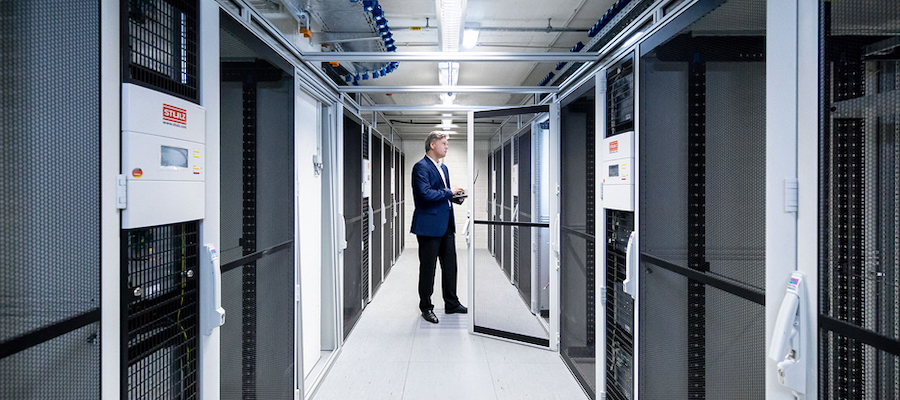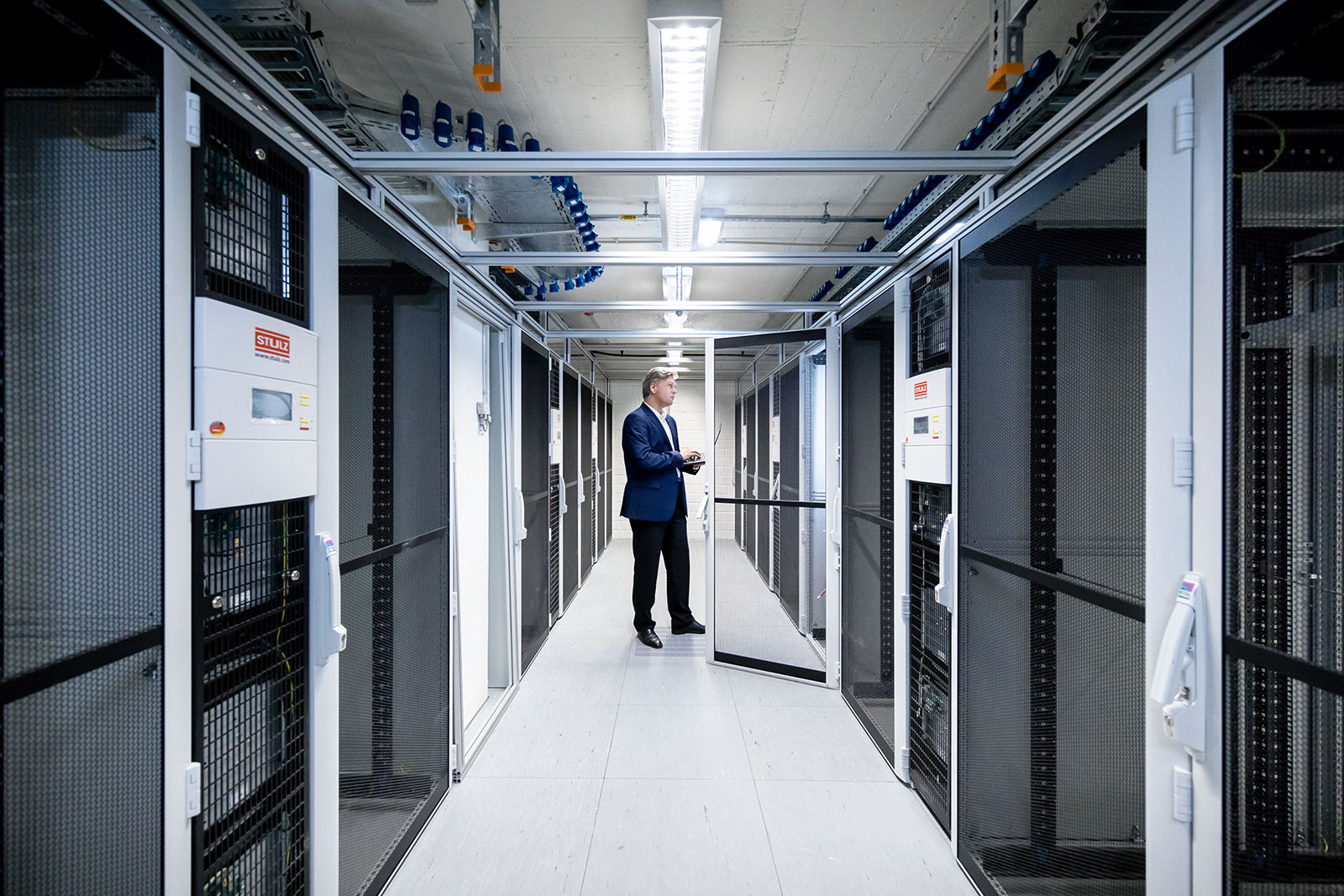
Carbon Border Adjustment Mechanism (CBAM): What the new EU regulation entails and how companies should react
Register for our webinar!
Climate change is a worldwide challenge that requires global solutions. As the European Union elevates its climate objectives, the persistence of laxer climate policies in numerous non-EU nations poses the threat of what is referred to as “carbon leakage.” Carbon leakage occurs when EU-based companies relocate carbon-intensive production overseas to regions with less stringent climate regulations than the EU, or when EU products are substituted by more carbon-intensive imports.
The Carbon Border Adjustment Mechanism (CBAM) intends to counteract this practice. This EU regulation introduces a carbon tariff on imports outside of EU regions in emission-intensive sectors. Importers will be required to purchase and surrender so-called “CBAM certificates” after the transition period (which is expected to be in 2026). The carbon tariff will be equal to the carbon price paid by EU producers under the EU Emission Trading System (ETS) rules.
In our webinar “Carbon Border Adjustment Mechanism (CBAM): What the new EU regulation entails and how companies should react” our experts help you to understand the latest developments and key elements of CBAM and give valuable recommendations for action.
WEBINAR DATES
We provide our webinar in two different time slots, ensuring that participants from across the globe can conveniently join.
October 26th 2023
- 1st session (APA, IMEA, GCN): 9:00 am – 10:00 am CET
- 2nd session (NAM, SAM, WEU): 4:00 pm – 5:00 pm CET
Which sectors are covered by the regulation?
The first phase of the CBAM covers the following sectors:
- Cement
- Iron and steel
- Aluminium
- Fertilizers
- Electricity
- Hydrogen
In the future, the scope of the CBAM may be extended to other industry sectors, such as organic chemicals and polymers. The aim is to cover all EU ETS industry sectors by 2030.
Get to know our experts

Jonas Pferdekemper I Sustainability Expert at TÜV Rheinland Energy GmbH
Jonas is a lead auditor for European emission trading scheme with field experience in Germany and Luxembourg. He is a proven expert in sustainability service and product certification and also a member of our global hydrogen competence centre. As a project engineer with project experience in Life cycle assessment including hydrogen, ammonia, chemical and steel products he worked for a number of significant hydrogen and ammonia certification projects for Saudi Aramco, Linde, etc. Before joining TÜV Rheinland, Jonas was employed by the leading German research institute Fraunhofer Institute UMSICHT on mathematical optimization for hydrogen research project.

Junjie Lu I Senior Manager Infrastructure & Project Supervision at TÜV Rheinland (Shanghai) Co., Ltd.
Junjie has 20 years of experience on construction engineering and the Testing, inspection and certification industry. At TÜV Rheinland he’s responsible, among other things, for business development on both TIC service and engineering service, technical consulting of manufactures, inspection services for manufacturing of building materials and products (e.g. iron and steel, aluminum, cement).

Kristine Kexin Ding I Global Business Development Manager
Energy & Environment at TÜV International GmbH
Kristine works in the energy & environment field for TÜV Rheinland and has over 5 years of experience in strategic planning, project coordination and business development in renewable energy and sustainability topics. With her strong interest in decarbonisation, she is actively involved in TÜV Rheinland’s climate protection sales activities, hydrogen H2.21 standard development, new service development in Carbon Border Adjustment Mechanism, and various environmental product claim projects.

Gaynor Woodford I Sustainability Lead for Western Europe at TUV Rheinland Industrial Services Limited
Gaynor is personally passionate about all aspects of Sustainability and utilises her diverse skill set to drive positive change and shape a sustainable future. With a background in chemical engineering (Fellow of the Institute of Chemical Engineers with over thirty years’ experience), she brings a strong analytical mind-set and a deep understanding of systems thinking. She is passionate about leveraging this expertise to implement innovative solutions that reduce carbon emissions and advance net zero targets in parallel with the circular economy. Guided by the principles of sustainability, she aims to create a lasting impact and foster a greener environment for generations to come.
Your registration
By registering for our webinar, you agree to receive confirmation, reminder and follow-up emails regarding this event, You may also be contacted by our sales representatives regarding this particular topic.
If you would like to be informed about upcoming webinars, events and receive by email, regular TÜV Rheinland product information and news in the future, please subscribe to our newsletter.
Back to top



